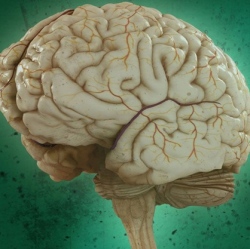
The researchers successfully halted the autoimmune disease in mice.
They hold great hope the same results can be reproduced among humans. MS Research Australia research development manager Dr Lisa Melton said the study results were "extremely exciting".
MS is a progressive disease where the body attacks its own central nervous system, causing nerve inflammation and scarring. It results in the impairment of motor, sensory and cognitive function.
Dr Melton said it provided fresh hope for the 23,000 MS sufferers in Australia.
"It won’t be a cure but it’s another avenue by which we can reduce the inflammation which damages the brain and spinal cord," she said.
"If this approach works in humans, it would stop the inflammation," she said.
"But it won’t undo any damage to the nerves which has already occurred."
In animal trials, Dr Iain Comerford and colleagues at the university successfully prevented the progression of MS by inhibiting the molecule, known as PI3Kgamma, which activates the cells that cause the immune system to attack itself and cause the nerve damage.
The same molecule has been successful in other autoimmune disorder trials.
Human trials were underway in other labs around the world, but any drug would be at least five years away, Dr Comerford said.
"In the animal model, it was preventive and also we could reverse the disease, but it remains to be seen whether that also happens in human beings," he said.
